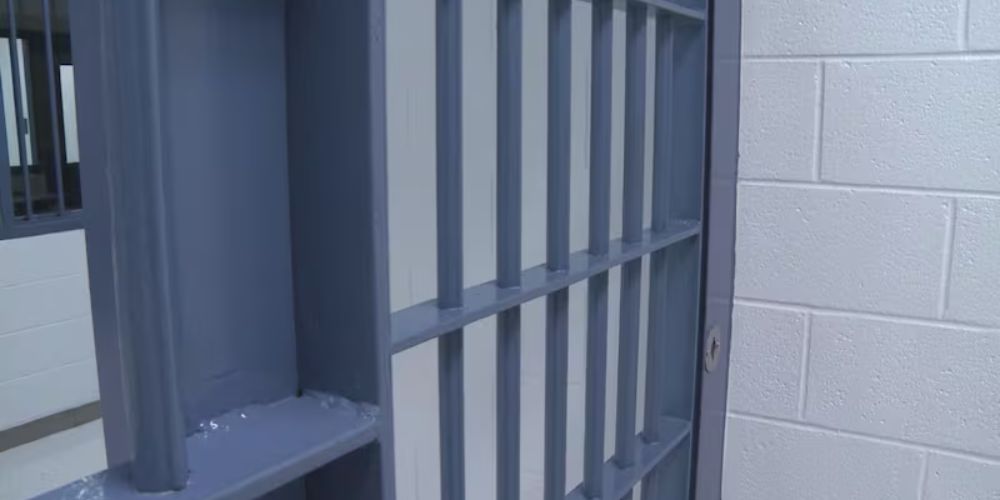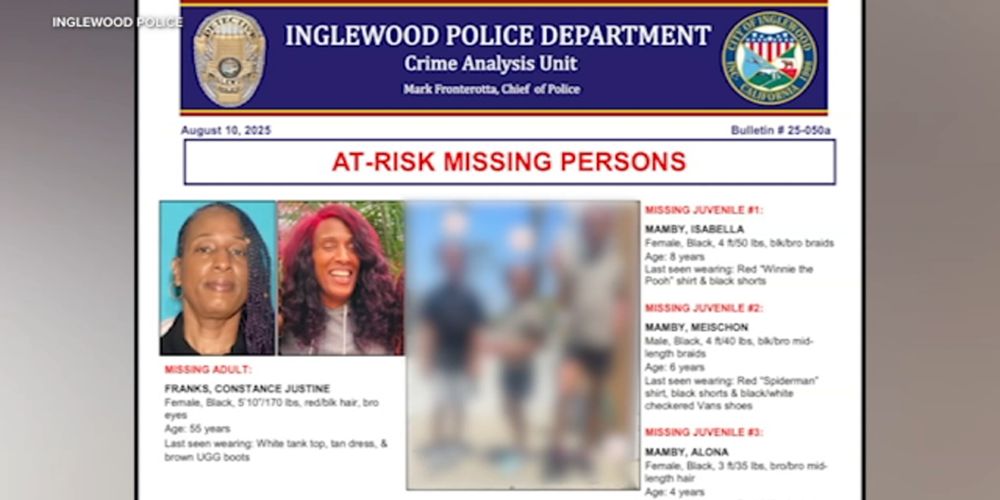Growing older in New Jersey comes with a unique set of challenges and opportunities. For those aged 50 and over, understanding the financial support available through city, state, and federal programs is key to leading a secure and vibrant life. Whether you live in bustling Newark, scenic Cape May, or the suburban heart of Princeton, there are numerous government initiatives and local programs dedicated to improving the economic stability and overall wellbeing of seniors. In this comprehensive guide, we will explore the wide variety of free government money programs available across New Jersey for seniors over 50, along with tips for application, and how to maximize the benefits in your community.
Why Government Programs Matter for Seniors Over 50
As individuals approach and pass the age of 50, many start planning for retirement and rethinking their health and financial needs. Lifespans are increasing, making it essential to secure medical care, affordable housing, and access to everyday necessities. The cost of living varies throughout New Jersey, with cities like Jersey City and Hoboken typically having higher expenses compared to smaller towns like Vineland or Bridgeton. Government programs can bridge the gap, offering everything from direct financial aid to subsidized services that help maintain quality of life.
Types of Free Government Money Programs in New Jersey
Social Security Benefits and Supplemental Income
Social Security remains a cornerstone for senior income. While eligibility generally begins at 62, planning earlier helps maximize future benefits. Additionally, residents who are eligible may qualify for Supplemental Security Income (SSI), a federal program designed to aid seniors with limited financial resources. In New Jersey, the state adds a supplemental payment to SSI, providing a more substantial monthly income, especially beneficial in high-cost areas such as Edison or Hackensack.
Medicaid, Medicare, and Healthcare Subsidies
Healthcare expenses are among the most significant for seniors. Medicaid offers comprehensive health coverage to low-income seniors, ensuring access to hospitals and clinics, whether you’re near major centers in Trenton or community hospitals in Sussex County. Medicare is another crucial program once you turn 65. Many local organizations, such as the Camden County Senior Services, offer free counseling to help seniors navigate these programs and learn about prescription drug coverage, wellness visits, and preventive services.
Pharmaceutical Assistance to the Aged and Disabled (PAAD) and Senior Gold
New Jersey offers specific programs to help with medication costs. The Pharmaceutical Assistance to the Aged and Disabled program supports residents by covering much of their prescription drug expenses if they meet income requirements. The Senior Gold Prescription Discount program extends this support to seniors with slightly higher incomes, reducing costs statewide from Atlantic City to Montclair.
Supplemental Nutrition Assistance Program (SNAP) and Senior Farmers Market Nutrition Program
Good nutrition is fundamental for seniors. The Supplemental Nutrition Assistance Program, previously known as food stamps, helps seniors afford groceries at supermarkets and farmers markets throughout the state. Additionally, the Senior Farmers Market Nutrition Program provides eligible residents with coupons to purchase fresh produce from local markets in places like Morristown, Toms River, and Cherry Hill, encouraging healthy eating and supporting local agriculture.
Low-Income Home Energy Assistance Program (LIHEAP) and Universal Service Fund
New Jersey winters can be costly, particularly in northern municipalities like Paterson and Passaic, where heating bills climb steeply. LIHEAP helps those struggling to pay energy bills by providing direct financial assistance. The Universal Service Fund works alongside LIHEAP, offering additional subsidies to ensure that gas and electricity costs remain manageable.
Property Tax Relief and Rent Rebate Programs
For many seniors over 50, staying in their own homes is a priority. New Jersey offers several property tax relief options, including the Senior Freeze (Property Tax Reimbursement) program, which reimburses eligible residents for property tax increases, allowing older homeowners in places like Freehold or Ocean City to remain in their communities. Renters aren’t left out: the Homestead Benefit and the Affordable Housing Trust Fund provide rent rebates and financial assistance to seniors struggling with housing costs.
Transportation Assistance
Mobility can become a concern with age. The New Jersey Transit Senior Citizen and Disabled Resident Transportation Assistance Program offers discounted or even free rides on buses, trains, and light rail services. In cities like Elizabeth and smaller communities such as Phillipsburg, public transport is a critical lifeline for accessing healthcare, social events, and shopping.
Senior Community Service Employment Program (SCSEP)
For seniors interested in rejoining the workforce or finding meaningful volunteer opportunities, the Senior Community Service Employment Program helps them gain new skills and secure employment. This program operates in all major cities, including Newark, Jersey City, and Edison, and is designed to boost confidence and supplement income by connecting seniors with part-time, community-based roles.
Unique City-Level Initiatives Across New Jersey
Many New Jersey cities and counties recognize gaps in federal and state support and have pioneered their own seniors’ assistance programs.
-
Newark: The Office of Senior Services hosts free financial literacy workshops, assists with benefit applications, and provides meal delivery for homebound seniors.
-
Jersey City: The Department of Health and Human Services coordinates a robust Healthy Senior Living program, offering free fitness classes, health screenings, and nutrition workshops.
-
Paterson: The Division of Senior Services distributes free bus passes and operates a weekly fresh food market exclusively for residents over 50.
-
Camden: The County Board provides legal aid clinics for seniors, helping them with housing rights, wills, and benefits claims at no cost.
Addressing Common Challenges and How to Overcome Them
Despite the abundance of programs, many seniors face difficulties in accessing support due to lack of awareness, confusing eligibility criteria, or complicated application processes.
-
Language and Accessibility: New Jersey is home to diverse populations, with large Spanish-speaking communities in Perth Amboy and fast-growing Asian communities in Edison. Many cities provide materials and services in multiple languages to ensure all eligible seniors can participate.
-
Application Support: Libraries, senior centers, and community centers throughout the state host regular sign-up day events where trained staff assist with completing forms and gathering necessary paperwork.
-
Digital Divide: For those uncomfortable with technology, the state supports call-in hotlines and in-person help desks, making sure seniors without internet access in smaller towns like Bridgeton or Newton are not left behind.
Tips for Applying and Maximizing Benefits
-
Start Early: Begin researching programs before you need them to avoid last-minute stress.
-
Gather Documents: Typical requirements include proof of age, income statements, identification, and residency.
-
Seek Local Help: Contact your local Department of Health and Senior Services office, or visit city-specific senior centers for personalized assistance.
-
Stay Informed: Program requirements and funding can change. Check with trustworthy sources, such as the official state website or your county board, regularly for updates.
Success Stories from Around New Jersey
Many seniors have seen a dramatic improvement in their quality of life by utilizing these programs. In Mount Laurel, Mary, aged 65, was able to freeze her property taxes, allowing her to remain in her longtime home. Frank from Paterson reduced his heating bill by half with LIHEAP assistance, while a couple in Hoboken accessed PAAD for their prescription needs, ensuring medication affordability.
In Montclair, citizens over 50 have embraced the city’s wellness classes, reporting improved health and a sense of community. These stories are echoed from Cape May’s shore to the rural tranquility of Hunterdon County—a testament to the state’s commitment to caring for its older citizens.
Conclusion: Empowering Every Senior Across New Jersey
New Jersey boasts a robust network of free government money programs designed specifically with the needs of seniors over 50 in mind. From direct financial support and health subsidies to nutrition programs and employment opportunities, these initiatives ensure that seniors in every city—be it the metropolitan skyline of Jersey City or the quiet neighborhoods of Cherry Hill—can enjoy dignity, independence, and security.
By taking the time to understand available resources, reaching out for help when needed, and staying proactive in applications, every eligible New Jersey senior can benefit from these life-changing programs. Whether you’re planning for your own future or helping a loved one, knowing what’s available is the first step to a brighter, more secure tomorrow.











Leave a Comment